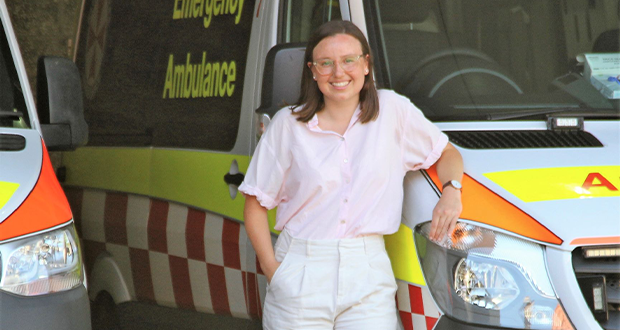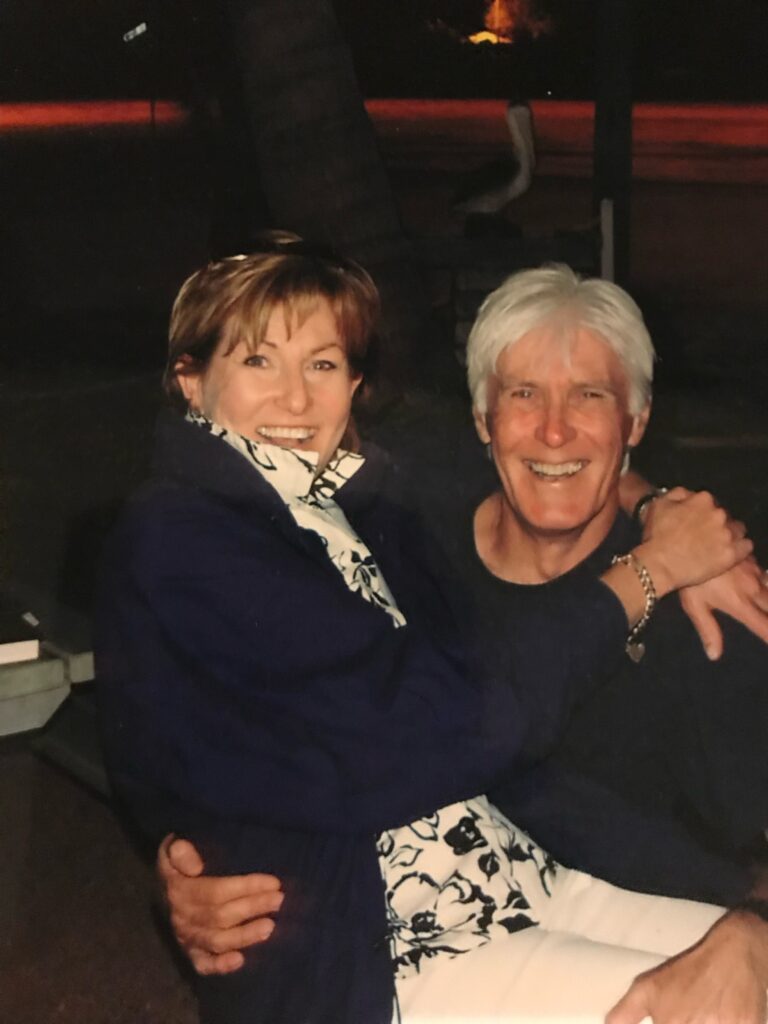Paramedics could play a bigger role in helping palliative care patients die at home under a proposed national framework, which would also ease pressure on emergency departments.
Through consulting paramedics, palliative care doctors, peak bodies, carers with lived experiences, and others across the country, the proposed framework seeks to integrate palliative care into paramedics' core business and reduce transportation to the hospital.
Lead author and paramedic Dr Madeline Juhrmann said there was a growing demand for palliative care services worldwide and rising preferences for home-based deaths following the Covid-19 pandemic.
"Many palliative care patients have expressed a clear wish to die at home with family and don't want to be transported to hospital in an ambulance following straightforward pain management by a paramedic," Dr Juhrmann said.
in 2021-22 there were 94,800 palliative care-related hospitalisations, with the average age being 75 years.
Between 2015-16 and 2021-22, there was a 29 per cent increase in the number of palliative care-related hospitalisations, putting more pressure on hospitals and the workforce.
Dr Juhrmann said paramedics already played an integral role in providing unscheduled palliative care to patients; however, this can vary significantly and needs to be supported.
"Paramedics are uniquely placed to respond to palliative and end-of-life care patients in the community, particularly after-hours when specialist palliative care services might be unavailable," she said.
"When adequately trained and supported, paramedics can enhance person-centred care, reduce avoidable hospitalisations, and facilitate one's preferred place of death."
Leonie Jamieson was happy her husband was able to die peacefully at their Port Noarlunga home after receiving palliative care support from paramedics.
Her experience illustrated how paramedics can contribute to a good death at home.
Paramedics visited Ms Jamieson and her husband Neil twice in his final 24 hours in 2019.
Ms Jamieson was relieved that the ambulance officers respected his wish not to be intubated and taken to the hospital, per his advance care directive form.
"I had to get the form, which the paramedics read through very thoroughly and then said, 'Yep we completely understand'," Ms Jamieson said.
"They then put the form aside and explained how to make Neil more comfortable."
The research suggested paramedics could be helped to make complex clinical palliative care decisions confidently and navigate care pathways that prioritise referral functions to other community-based palliative care providers.
The framework's key components include providing paramedics access to electronic medical records to view patients' planning and care, ambulance services maintaining best practice palliative and end-of-life guidelines, and connecting paramedics to localised palliative care referral pathways.
Do you have an idea for a story?Email [email protected]
 Aged Care Insite Australia's number one aged care news source
Aged Care Insite Australia's number one aged care news source


